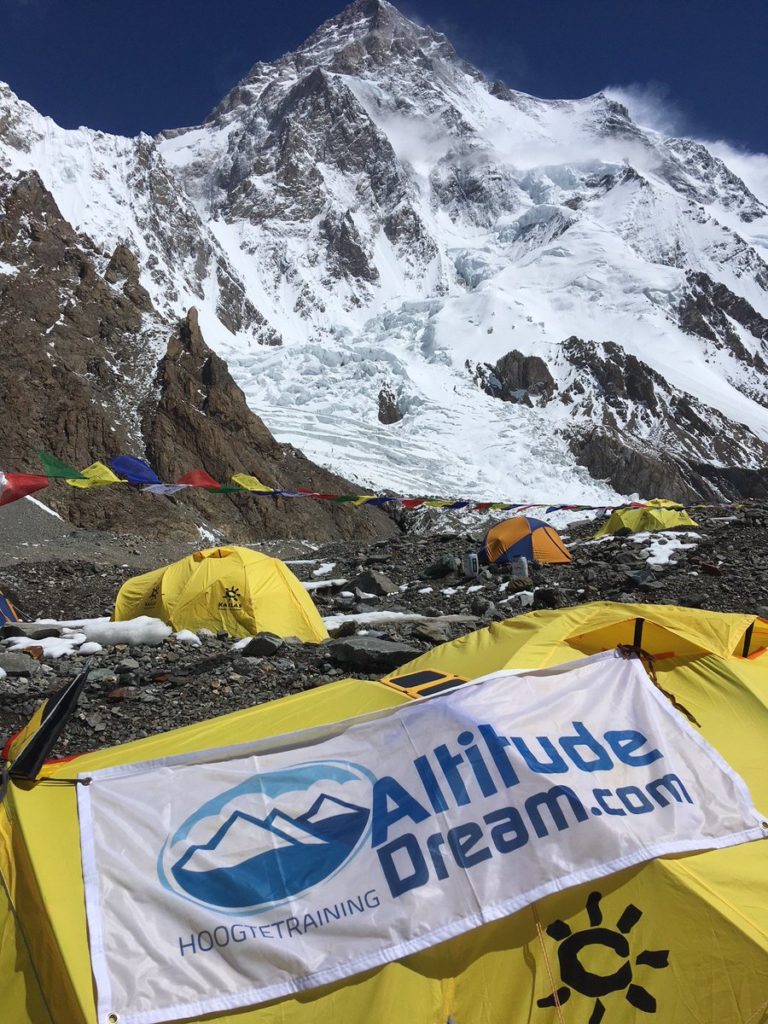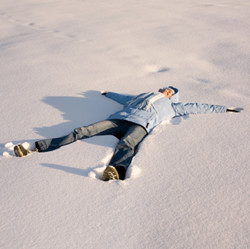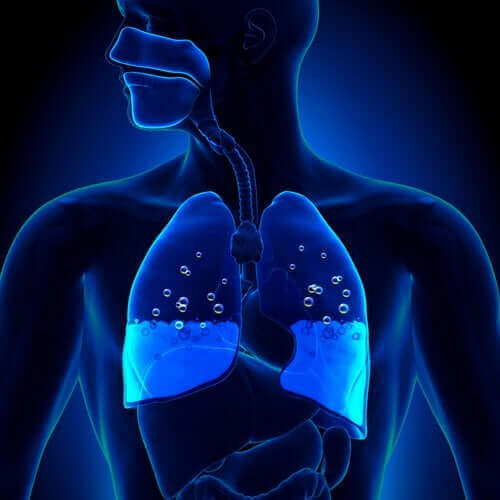In his preparation for la Marmotte, Wiebe went on altitude training in his own bedroom. Now he reports on the result. How did he fare during this legendary granfondo? ... read more
TÆRU, Belgium's very first height hotel with more than 10 height rooms
In the heart of the Ardennes (Erezée), Altitude Dream is currently helping to build a new and special project, namely Tæru. Tæru will be the very first Belgian 'altitude hotel' with more than 10 rooms at altitude and a place where enjoyment and endurance merge. A unique setting, tailored ... read more
Why do I sleep so restlessly in the mountains?
Climbers often note that they sleep less well and do not feel rested when in the mountains. What is often experienced is waking up several times. This results in broken nights. Fortunately, nothing serious is involved in this. Once again, the cause lies with those ... read more
Does being in good shape help against altitude sickness?
How good a person's fitness should be depends on the physical load of the trip: the duration of the trip as a whole, the number of hours active during the days, the amount of rest days, the amount and weight of the pack, the environment and the type of activity. It is ... read more
How can altitude sickness be prevented?
You should limit the rate of ascent by taking as much time as possible for acclimatisation. From experience, we know that between 2500 and about 4000 metres, a safe rate of ascent for almost everyone is about 300 metres per day. By ascent rate, then, we mean the difference in ... read more
What is high cerebral edema?
Altitude cerebral oedema or High Altitude Cerebral Oedema (HACE) is also a disease that can play up at altitude. More often seen from 3700 m, but can already flare up from 2600 m. This disease also involves fluid accumulation. This then takes place not in the lungs, but in the brain: the control centre ... read more
What is pulmonary oedema?
Altitude pulmonary oedema is another disease that, as early as 2500m, can flare up at altitude. When talking about oedema, it refers to fluid accumulation. As the name suggests, this accumulation occurs in the lungs, more specifically in the alveoli. In these alveoli, gas exchange takes place. ... read more
Recognising altitude sickness and how to act
AMS is diagnosed using the following three criteria: Height increase in the last 4 days Presence of headache and the presence of at least one other symptom (loss of appetite, nausea, dizziness or fatigue); An overall score of 3 or more on the ... read more








